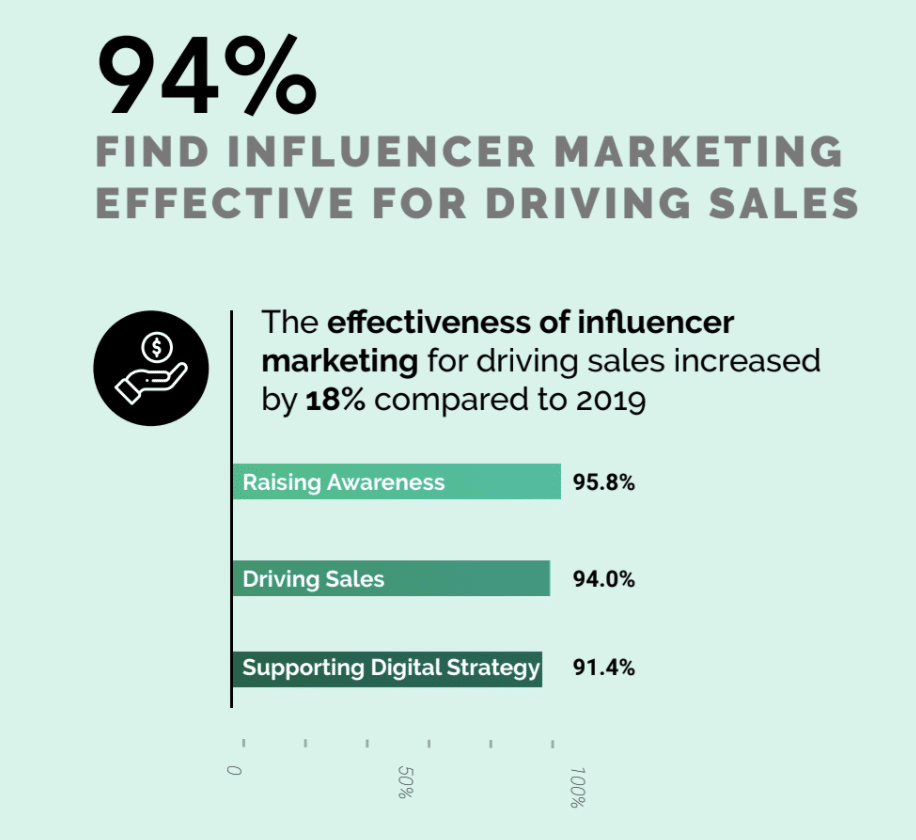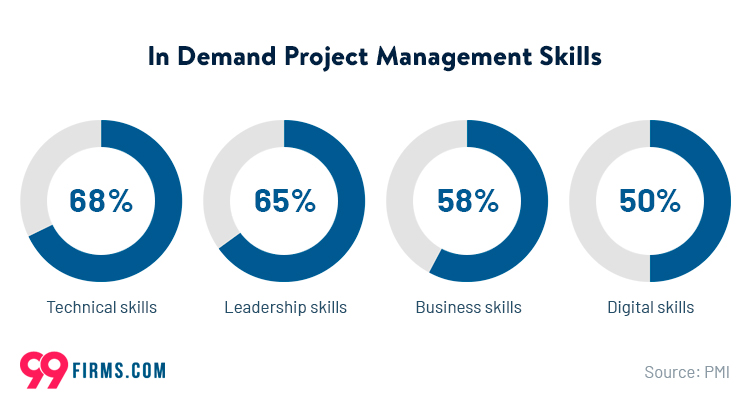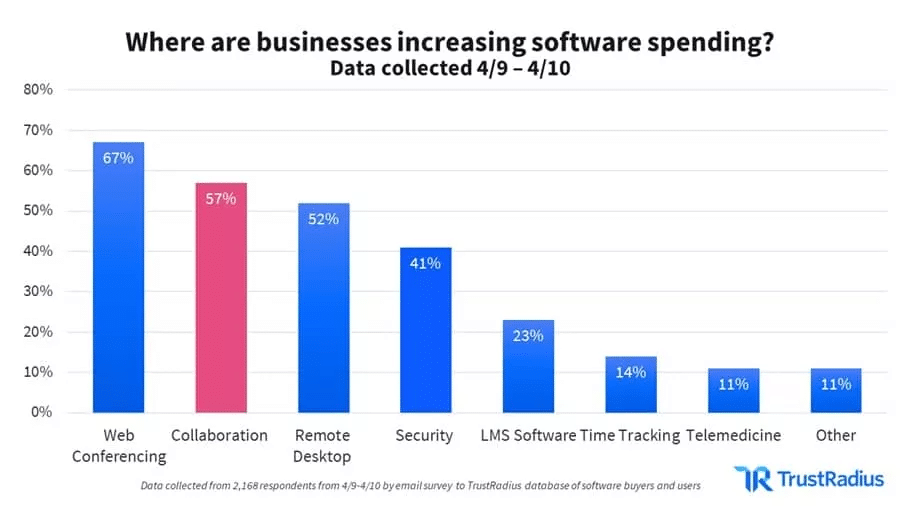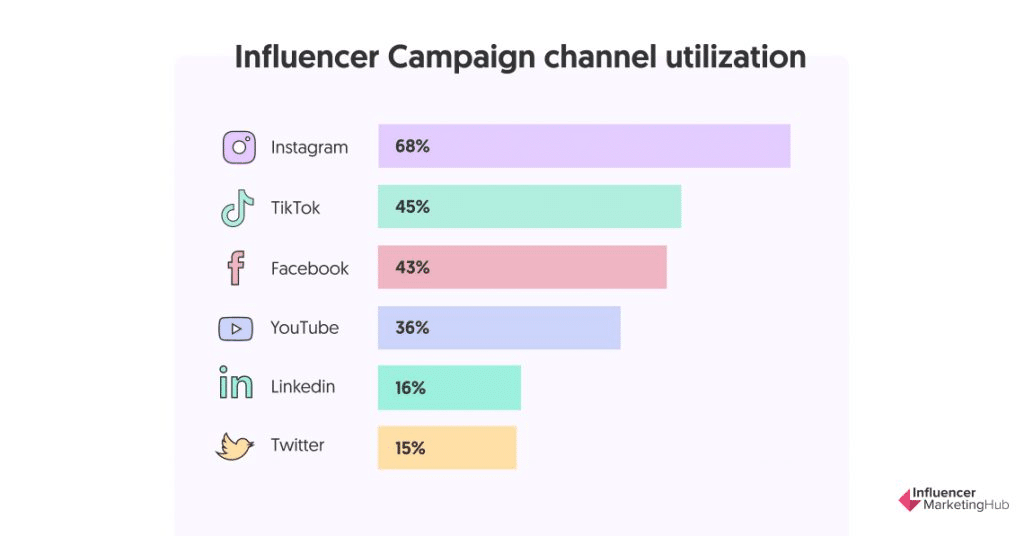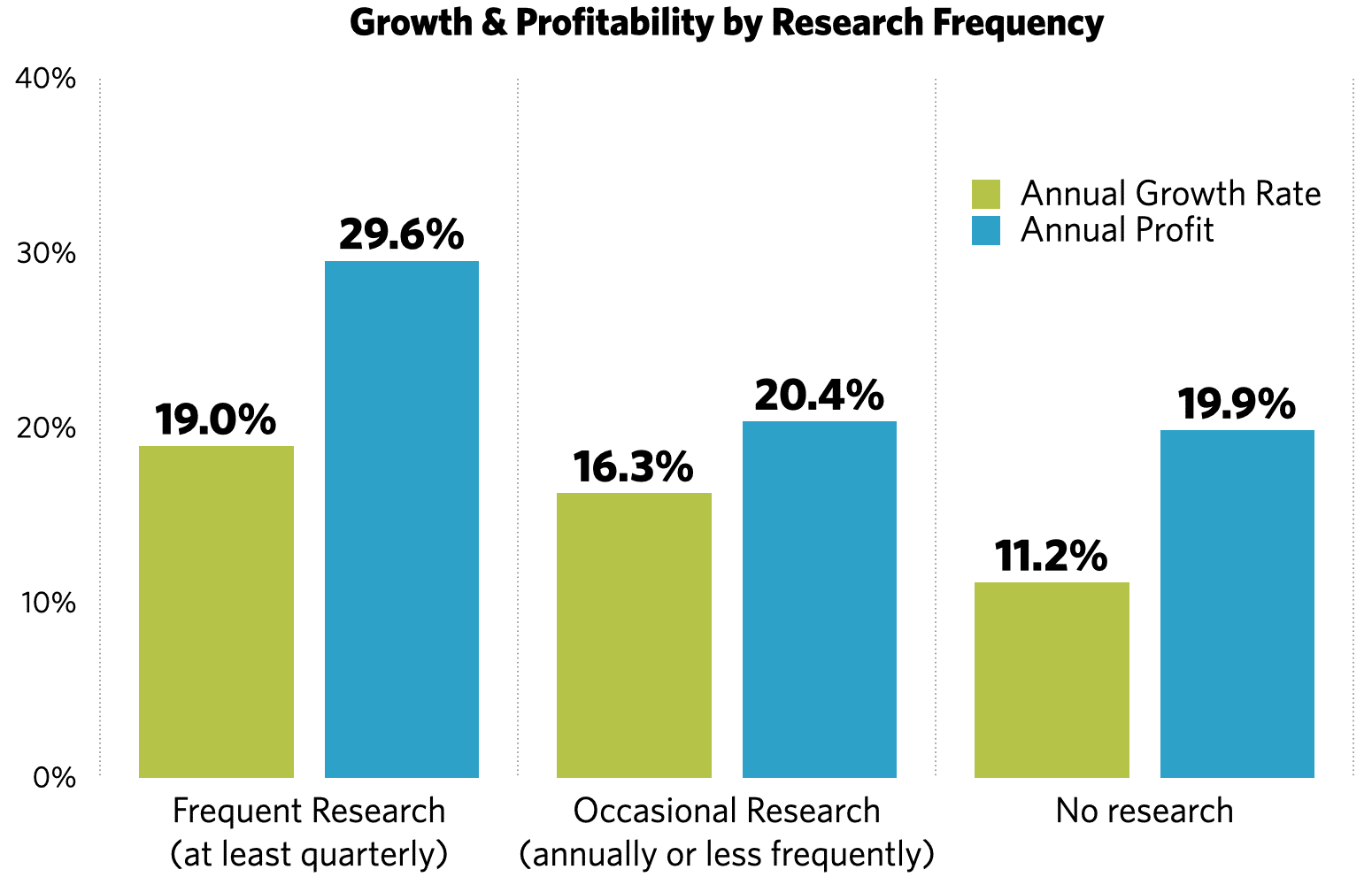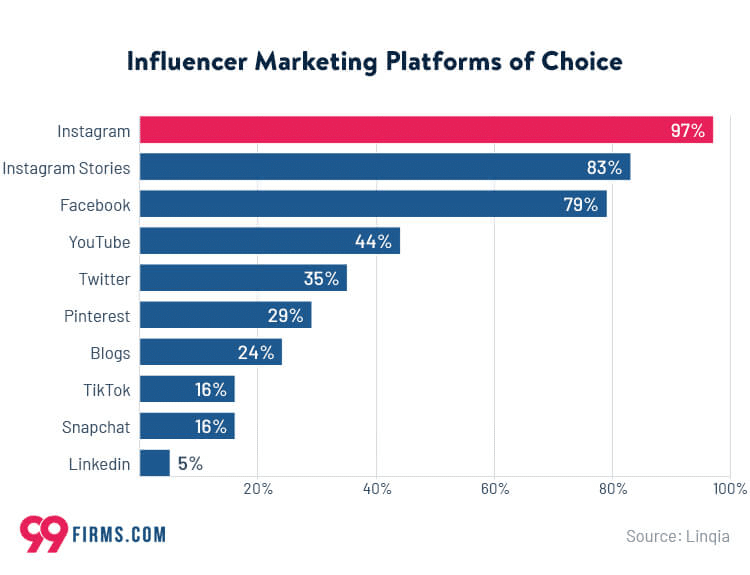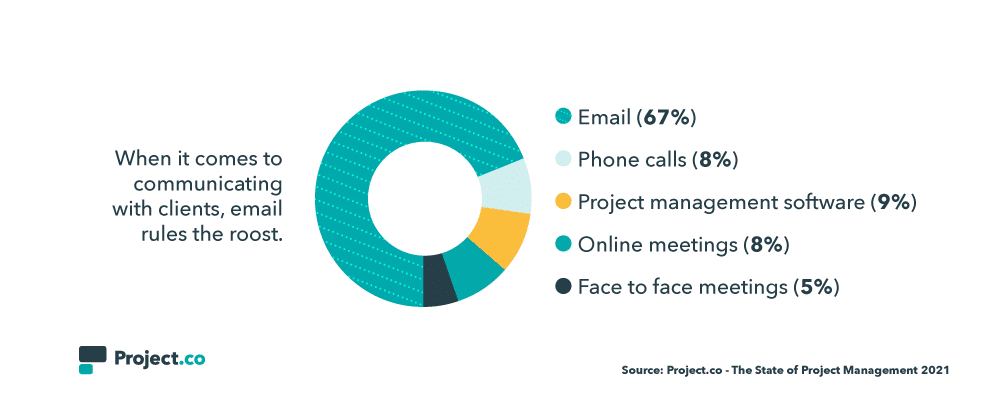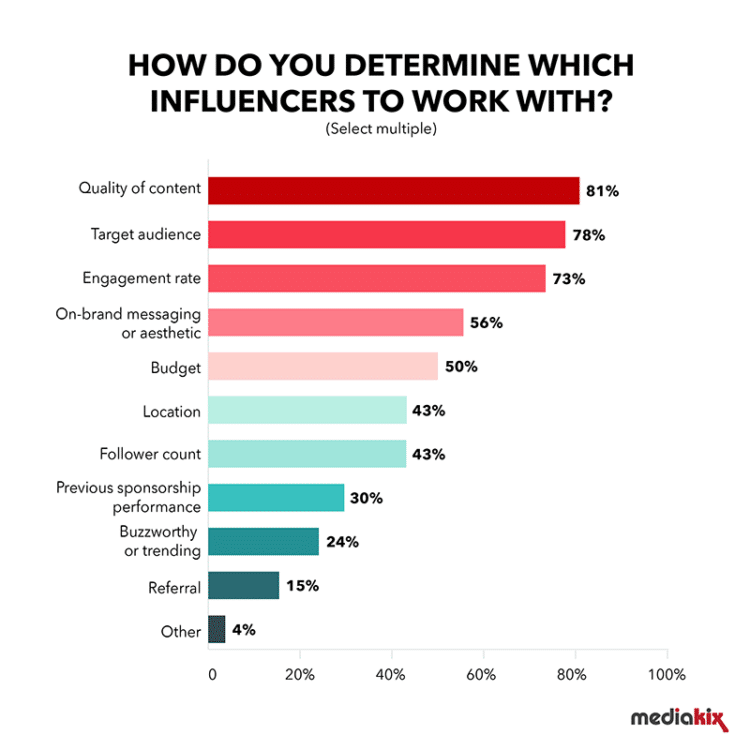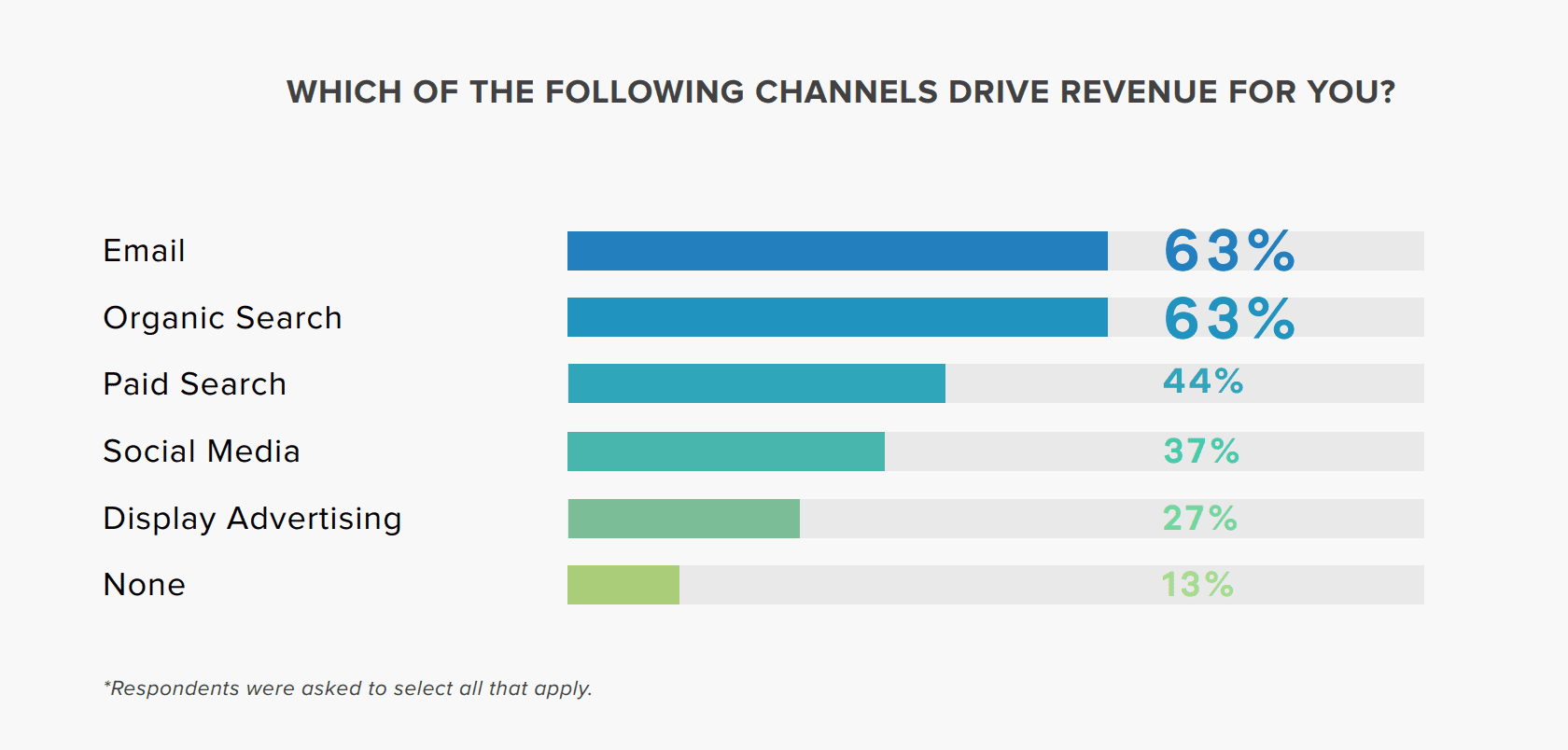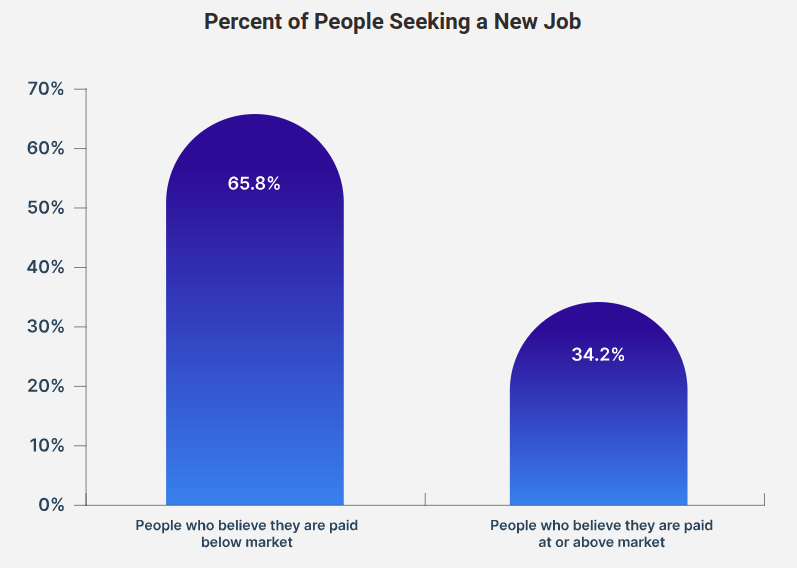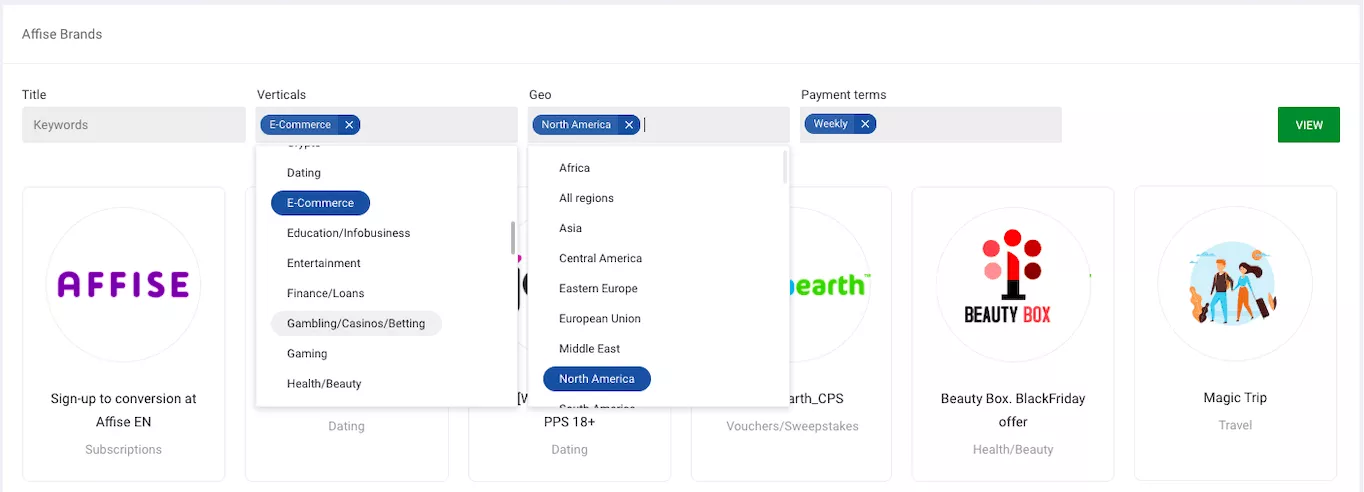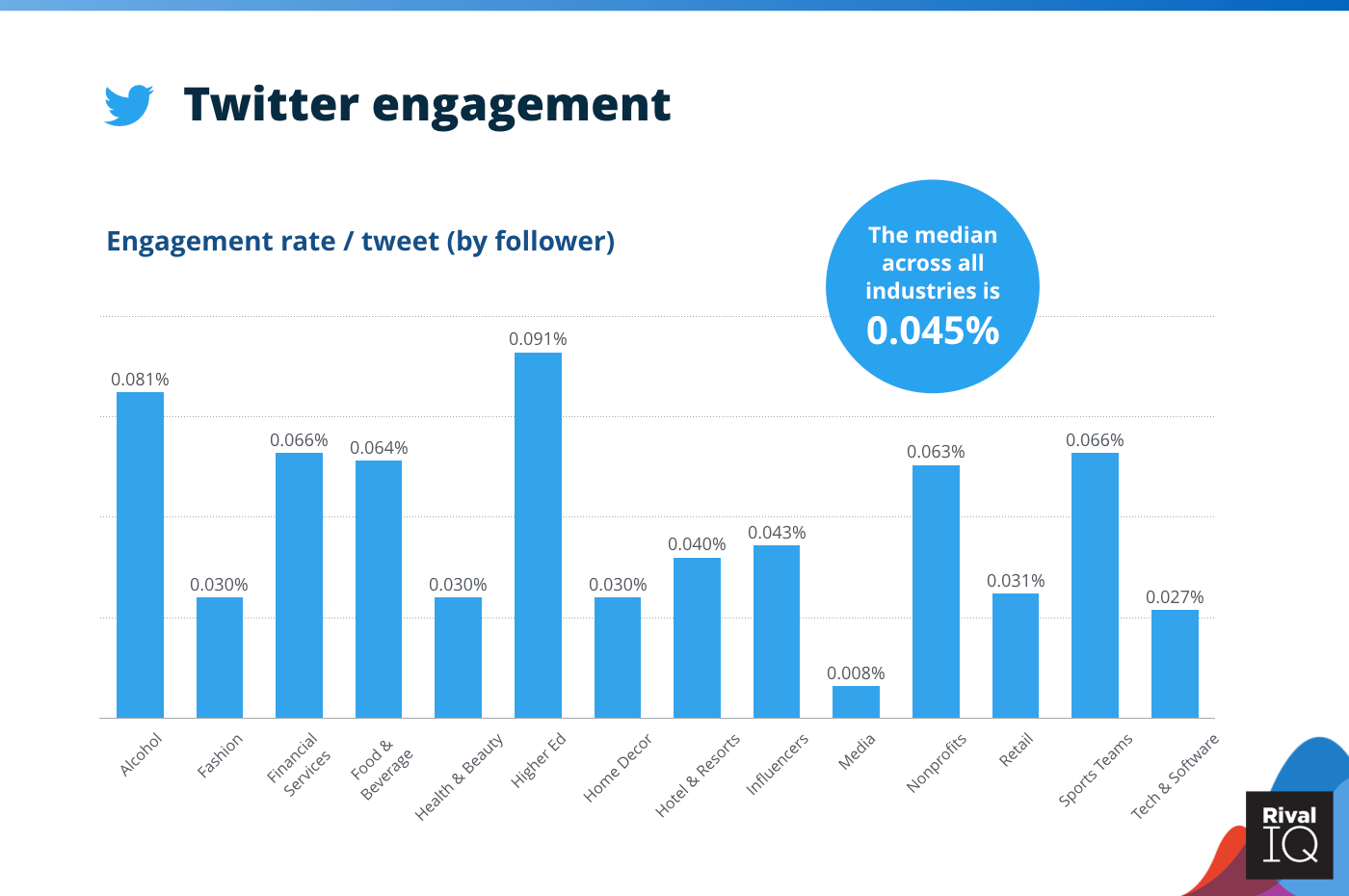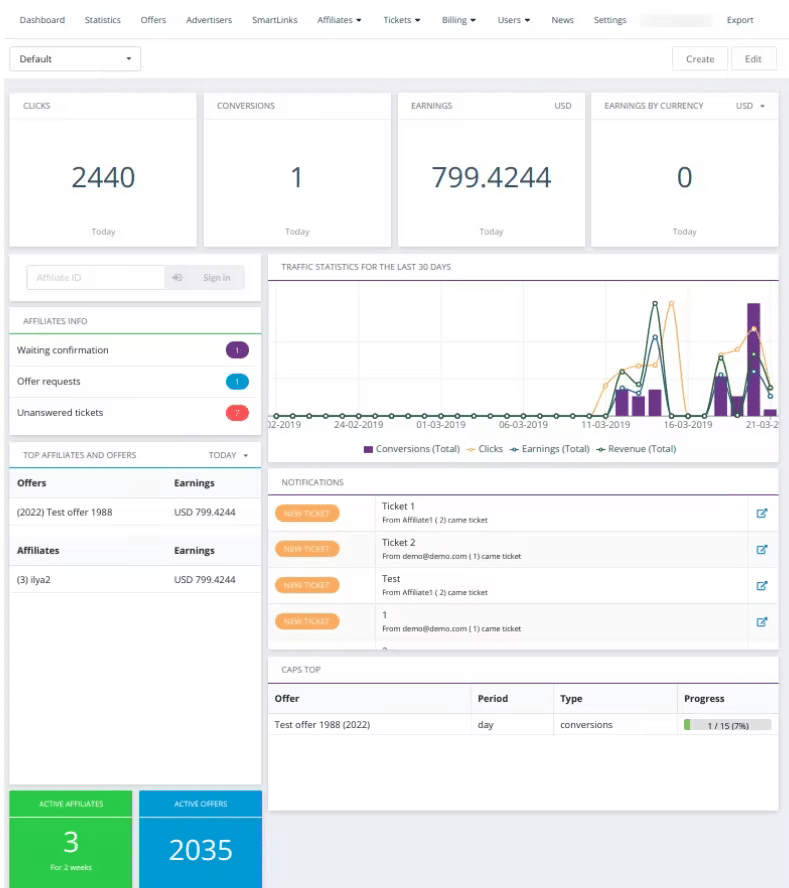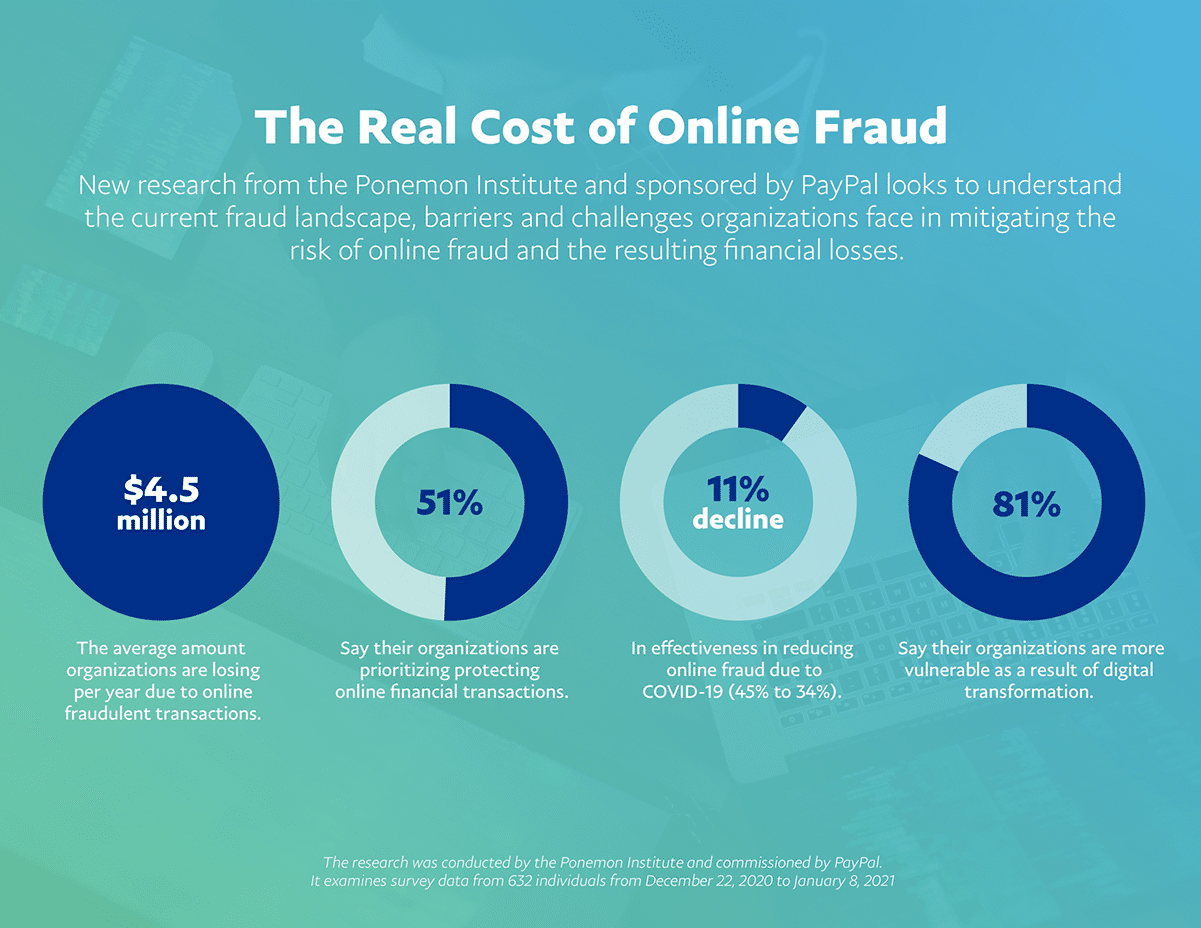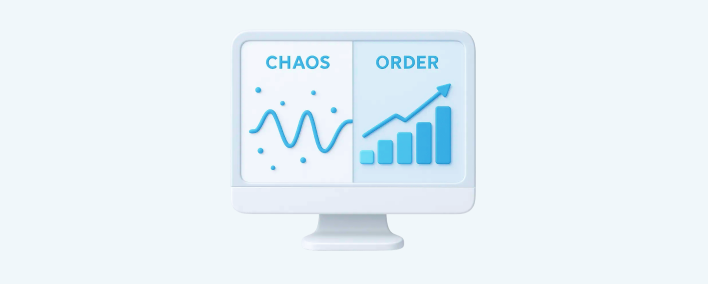8. Understand community value
Communities are integral to the success of influencers.
After all, influencers get their title from the fact that they’re part of a group over which they have influence. When they’re removed from the context of their community, they could make the best content in the world and still not have the impact they’d otherwise be able to achieve.
The exact nature of the communities that influencers are part of varies from one influencer to the next, though they all tend to share at least one key demographic.
For example, an influencer might be part of a community that values eco-friendly solutions to modern problems. They could also be a member of a community based in a particular location. Yet another influencer’s community might consist of fans of a particular genre of movies, or even a specific franchise.
Regardless of which types of communities your chosen influencers are a part of, your influencer managers should know the nature and values of those communities inside and out.
This includes understanding what makes the group into a community. Additionally, it means knowing everything about the hashtags, content types, and other factors that make particular pieces of content more popular within that community.
9. Leverage technology
We’re living in the digital age. New technology is being developed all the time, including useful tools to improve the way you run your influencer marketing campaigns. That means there’s no excuse not to leverage that technology to your advantage.
Which pieces of tech you use depends entirely on your approach.
For example, let’s say you’ve recently started to gather data on your marketing channels. This is a good idea—it’ll help guarantee that your approaches stay current and that your influencers are performing in the ways you expect them to.
You’d be generating large quantities of data, and most (if not all) of it would be raw and unprocessed. That can lead to information overload.
That is, unless you’re using a tool like Affise BI. It’s designed specifically to help you manage unstructured data effortlessly, ensuring that all of the data you’re gathering gets put to good use.
Different situations require different tools, of course. There’s no reason to limit yourself to just one piece of technology to help you be more productive and work more effectively. After all, you wouldn’t sell your computer just because you’ve got a smartphone. In the same way, you’ll want to ensure you’ve got all the tools you need to streamline as many business processes as you can.
The most important thing is that you choose the right tools for the right jobs, and that those tools keep you in line with your business goals.
10. Measure metrics regularly
As mentioned above, gathering data is a great way to improve the way your business runs. That’s why it’s always a good idea to measure your chosen metrics regularly, and often.
For example, let’s say you want to measure your influencers’ Twitter engagement levels. The graphs you could draw up based on that data might look something like this:











